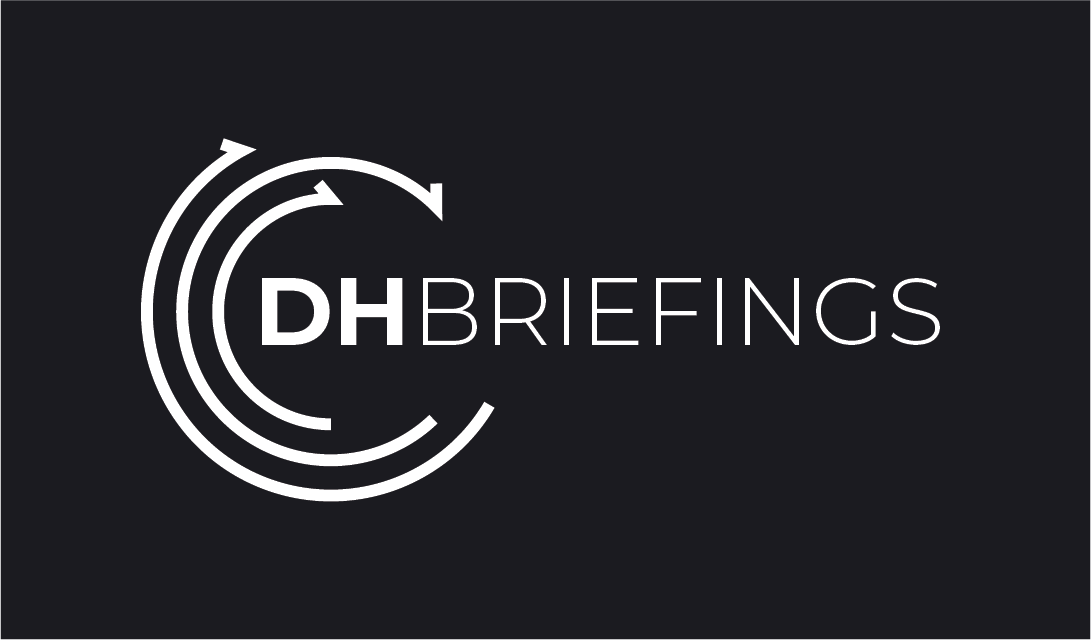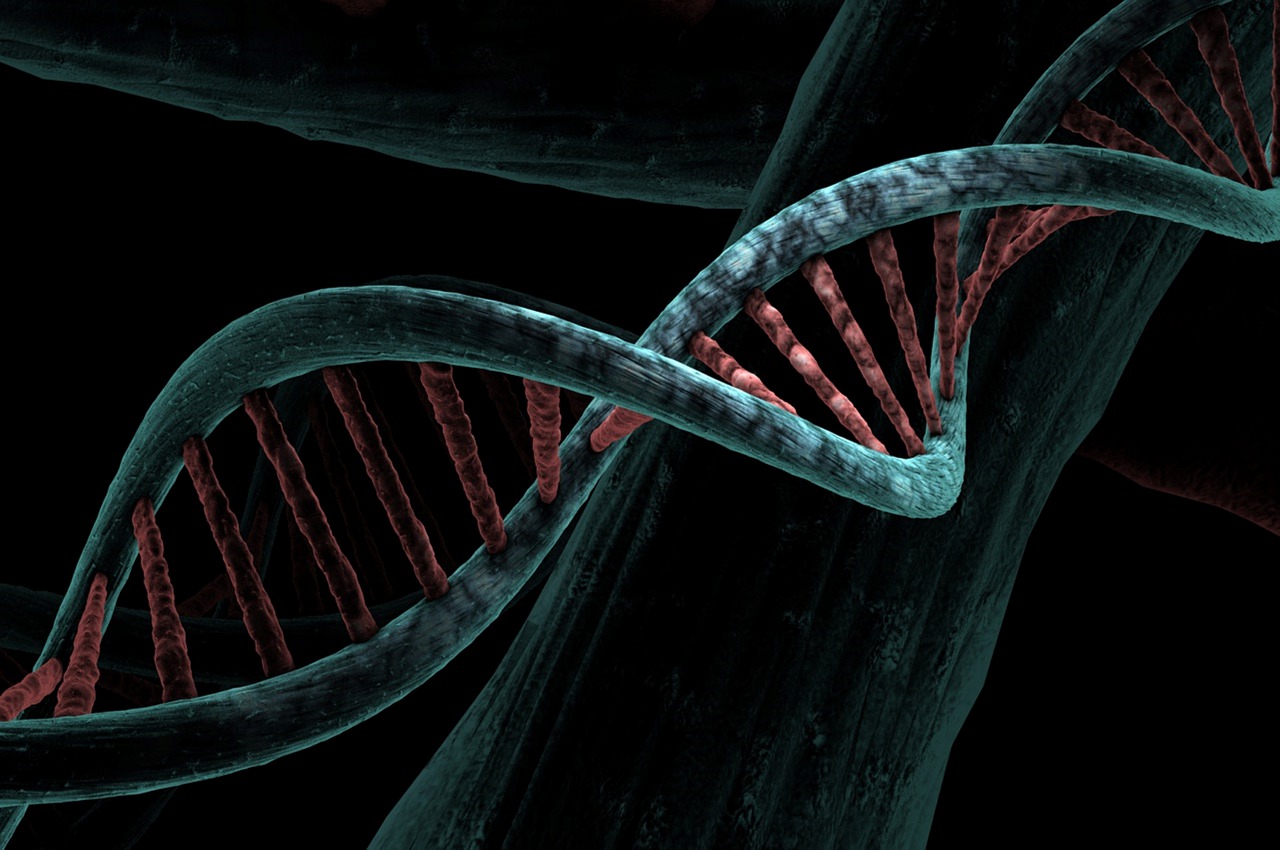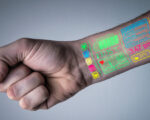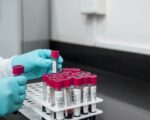Direct-to-consumer genetic sequencing services are a booming market, given that such services are getting more affordable. A decade ago, decoding one person’s genome cost around $50,000. In 2020 the cost, mostly for chemicals, was around $600 for the largest sequencing centres. From the comfort of their homes, individuals can order DTC genetic testing kits, send a saliva sample back to the company and have the results online in a few weeks. Customers can employ these kits, whether it’s for genealogy, nutrigenomics, or to understand their risks for a particular ailment better. Several companies are on the market with such products.
In early 2020, China-based BGI announced that it could sequence a genome for only $100. The cost reduction in the BGI system is gained by using a vast, Frisbee-size chip, whose elements are just 500 nanometers apart and by employing a robotic arm to dunk the chip into chemical baths that can be reused. It gets twice as much DNA on the surface and three times less reagent use because of the dipping. The system takes three days to complete a run, knocking off 700 genomes simultaneously.
Modern ultra-fast sequencing operates by synthesis. A person’s genome is broken into billions of short stretches of DNA and captured on the surface of a chip. Then, fresh DNA chemical letters are added, pairing off along those fragments. The process gradually builds up or synthesizes, matching strands of genetic information. By detecting the order in which letters are added, the machines determine the sequence of those billions of fragments. The data is then puzzled back together on a computer to produce a full map of a person’s genome.
BGI’s new system was offered as a custom set-up to big centres involved in mapping large populations’ DNA or high-throughput cancer research. It’s a million-person project. The company said that its technology would enable the decoding of the genomes of 100,000 people a year, making it possible for more individuals to have better insights into their health.











